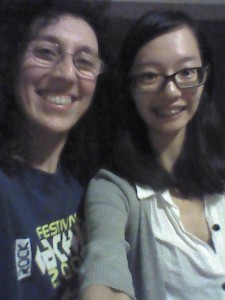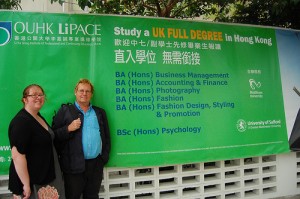By Stephanie Szeto @stepszeto
There are only two free-to-air terrestrial television stations, Television Broadcasts (TVB) and Asia Television (ATV), in Hong Kong. Owing to the financial crisis in past quarters, the ATV has been struggling with fund raising endeavour, in coping with consecutive financial loss and failure to pay salaries of hundreds of employees. The posts on Facebook could tell that Hongkongers attributed ATV’s failure to their outdated drama genre and mismanagement. Media commentaries presented that their management should take the responsibility because the crisis originated from the internal organisational issue (Jin, Liu, & Austin, 2014). Some people expressed views on posts that demanded ATV to give up their fight and the government should order ATV to surrender its free-to-air TV license to the Hong Kong Television Networks (HKTV, mentioned in the previous article). As Lee (2004) found that Hong Kong audiences’ reactions to public media crises has become emotional and may explain the negative and less sympathetic comments of Hongkongers’ harsh reaction to the fall of ATV.
Some Hongkongers, alternatively, attributed the downfall of ATV to its fierce competitor, TVB which was assumed to monopolise the TV industry. However, as Atkins (2010) mentioned that the impact of crisis is not limited to one organisation, TVB was also suffering from the decline of TV industry, despite reaching its peak in the 90s. Today, the 24/7 access online providing abundant supply of entertainment, such as YouTube and iTunes, is the main culprit for downfall of TV industry. During the dispute over free-to-air TV licence to HKTV, Mark Lee Po-on, TVB’s General Manager, claimed that there was not enough advertising revenue to support newcomer to the TV media market. It may be the reason why there were internet rumours about reciprocal relation between TVB and the government that TVB delivered pro-government perspective to the audience and the government denied to issue a free-to-air TV licence to HKTV.
While people continue to discuss online about this evolving media crisis in Hong Kong, we will wait and see if there is any relationship of the ongoing situation with the heated debate of the 2017 political reform of the Hong Kong SAR which has been a focus of attention from a number of international media. One is sure that social media will be something we may continue to watch on.



